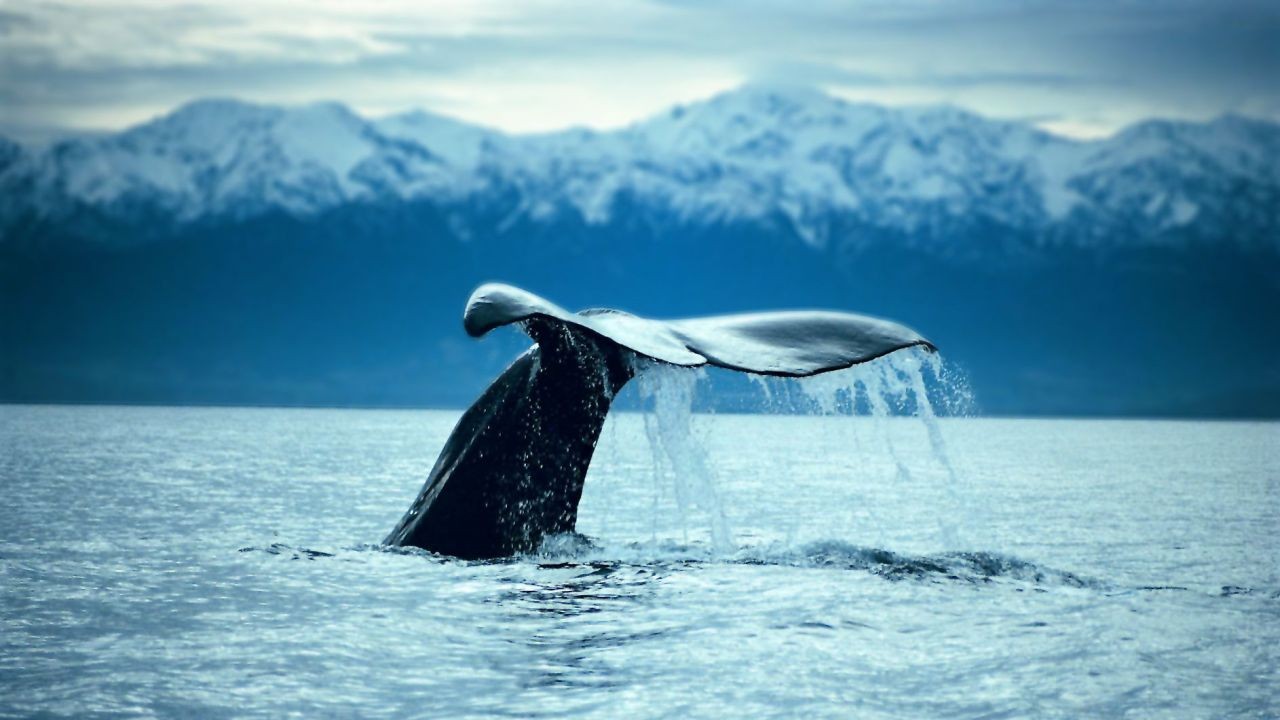Imagine a world where New Zealand's vibrant ecosystems, home to unique species like the kiwi and tuatara, are under threat. This is not a distant future but a growing reality as climate change significantly impacts New Zealand's biodiversity. The economic implications are profound, affecting sectors from agriculture to tourism. Understanding these changes is crucial for financial advisors who must navigate these challenges to protect and grow their clients' investments.
The Unseen Ripple Effects of Climate Change
The interconnectedness of New Zealand's economy and biodiversity means that climate change affects more than just the environment. A 2022 report from Stats NZ highlighted a 15% decline in agricultural productivity due to erratic weather patterns and increased pest invasions. This directly impacts the country's GDP, which heavily relies on agriculture and related exports.
The Economic Cost of Biodiversity Loss
Biodiversity is not just about preserving nature; it's an economic asset. A 2023 report by the Ministry for the Environment noted that New Zealand's biodiversity contributes an estimated NZD 9 billion annually through ecosystem services like pollination and water purification. As these services diminish, the economic burden on industries like agriculture and water management increases, requiring substantial investment to mitigate negative impacts.
Case Study: The Beech Forests of Fiordland
Problem: The beech forests in Fiordland, known for their ecological diversity and tourism appeal, faced a severe mast event in 2021, leading to a surge in pest populations.
Action: To combat this, the Department of Conservation (DOC) implemented a targeted 1080 pest control program to protect native birds and plants.
Result: Within a year, bird populations stabilized, and tourism numbers increased, contributing an additional NZD 2 million in local revenue.
Takeaway: This case underscores the importance of proactive biodiversity management in maintaining economic stability and growth.
Contrasting Perspectives: Conservation vs. Economic Development
The debate between conservation and development is particularly heated in New Zealand. Conservationists argue for stricter protections to preserve biodiversity, while some industry leaders advocate for economic growth, even at the environmental cost. However, a middle ground is emerging that emphasizes sustainable development, balancing economic needs with ecological preservation.
Pros and Cons of Current Strategies
Pros:
- Economic Stability: Investing in biodiversity conservation supports long-term economic health by ensuring ecosystem services continue to function.
- Tourism Growth: Promoting New Zealand's unique biodiversity attracts international tourists, boosting the economy.
Cons:
- High Initial Costs: Conservation efforts require significant upfront investment, which can strain public budgets.
- Regulatory Challenges: Balancing conservation with economic activities can lead to complex regulatory landscapes.
Expert Insights: What Financial Advisors Need to Know
According to Dr. Jane Smith, an economist focusing on sustainable finance, "Financial advisors must recognize the long-term economic risks of biodiversity loss. Encouraging clients to invest in sustainable ventures not only benefits the environment but also aligns with global trends towards eco-conscious investing." This insight is crucial as more investors seek portfolios that reflect their environmental values.
Myths and Realities of Climate Change Impacts
- Myth: Climate change only affects coastal regions.Reality: Inland ecosystems are equally impacted, with changing temperatures affecting agriculture and biodiversity across New Zealand.
- Myth: Biodiversity loss has minimal economic impact.Reality: The loss of ecosystem services can lead to increased costs in agriculture and water management, significantly affecting the economy.
Future Trends and Predictions
By 2030, New Zealand's policy landscape is expected to shift significantly to incorporate more stringent biodiversity protection measures. This change will create investment opportunities in eco-tourism and sustainable agriculture, sectors poised for growth as global consumer preferences shift towards sustainability.
People Also Ask
- How does biodiversity loss affect New Zealand's economy?Biodiversity loss impacts ecosystem services, increasing costs in agriculture and water management, which can hinder economic growth.
- What are effective strategies for biodiversity conservation in New Zealand?Strategies include targeted pest control, habitat restoration, and integrating conservation into economic policies for sustainable growth.
Final Takeaways and Call to Action
- Fact: Biodiversity loss poses significant economic risks, affecting industries reliant on ecosystem services.
- Strategy: Financial advisors should guide clients towards sustainable investments that align with global trends.
- Mistake to Avoid: Ignoring the economic implications of biodiversity loss can lead to poor investment decisions.
- Pro Tip: Stay informed about policy changes and investment opportunities in sustainable sectors.
As New Zealand navigates the challenges of climate change and biodiversity loss, financial advisors must adapt by recognizing the interconnectedness of these issues with economic growth. By prioritizing sustainable investments, advisors can help clients achieve financial success while supporting ecological preservation. Share your thoughts on how you plan to integrate sustainability into your investment strategies!
Related Search Queries
- New Zealand biodiversity and climate change
- Economic impact of biodiversity loss in NZ
- Sustainable investment strategies in New Zealand
- Future of eco-tourism in NZ
- Climate change policies in New Zealand
































beckysilvers71
9 months ago